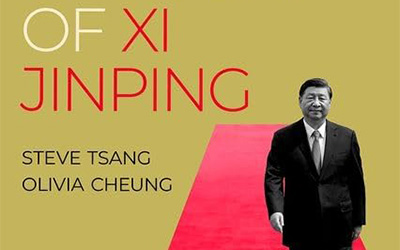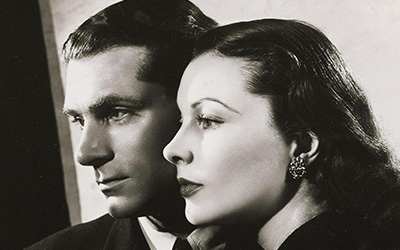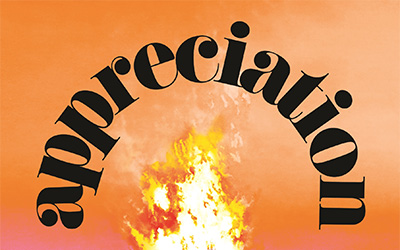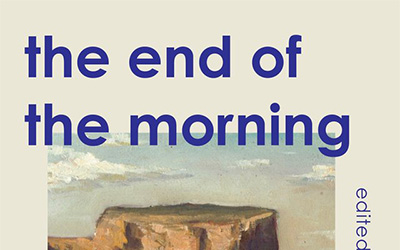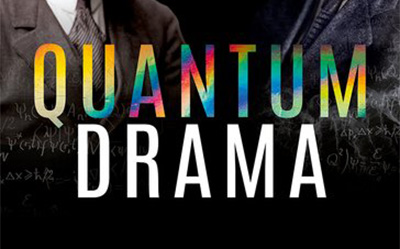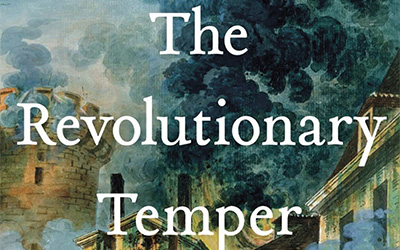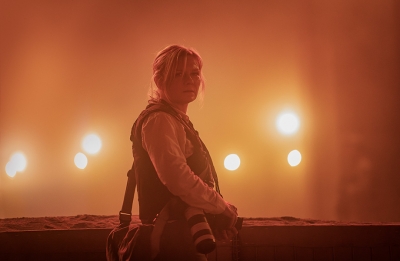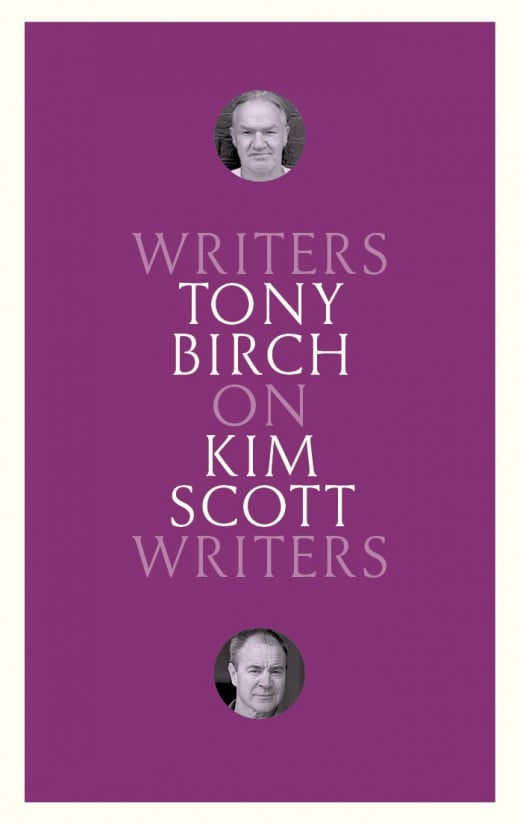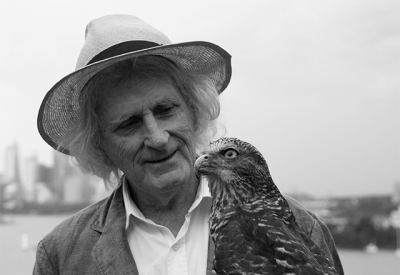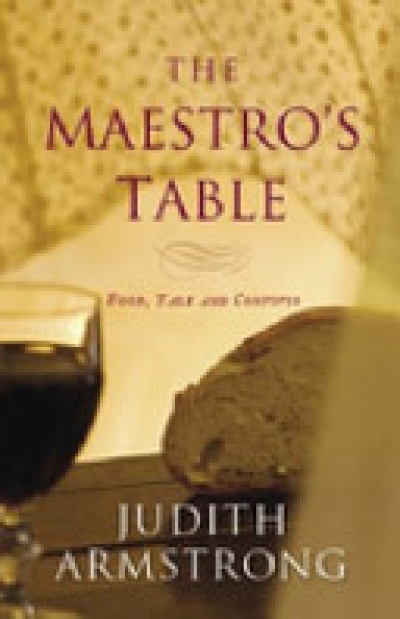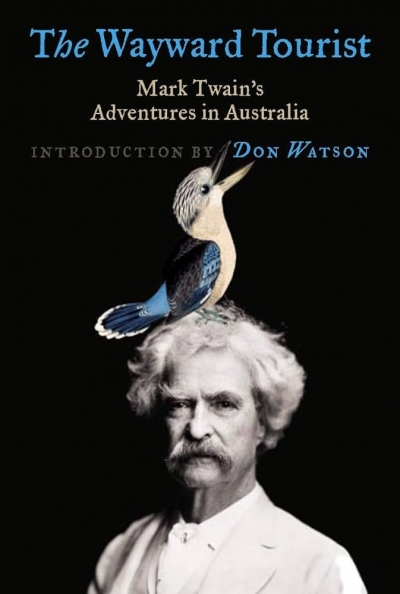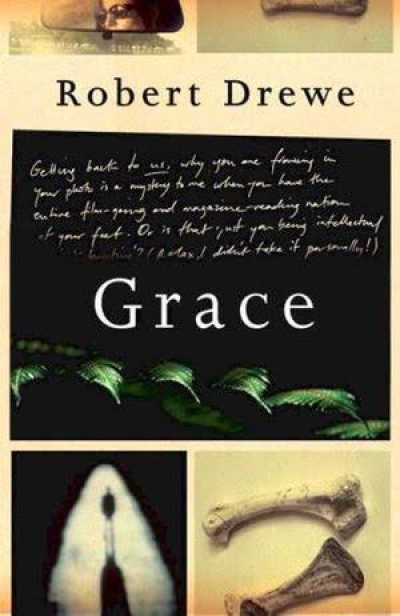Fiction
Ghost Cities by Siang Lu
Siang Lu’s polyphonic début novel, The Whitewash (2022), occupied a unique place in Australian fiction. It was written as an oral history, with a cast of voices, sometimes in conflict with one another, coalescing to tell the story of the rise and fall of a Hollywood spy blockbuster. The film was supposed to star the first-ever Asian male lead in such a role, but he was replaced by a white actor at the last minute. Blending real and invented film history, The Whitewash was an original work of satire, providing a breath of fresh air in the local literary landscape – even more so considering that it dealt so adroitly with matters of race and representation, normally approached in a much more conventional, and predictable, way.







